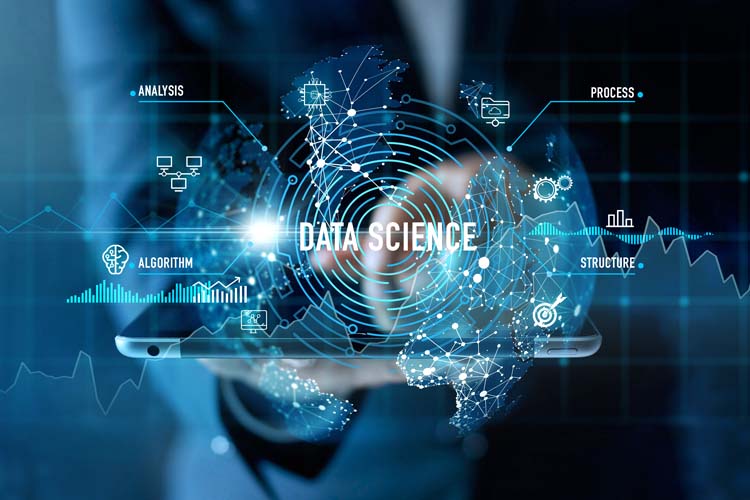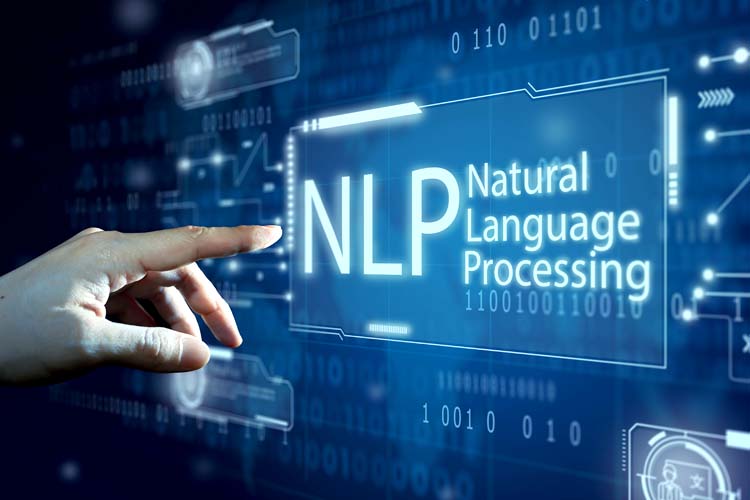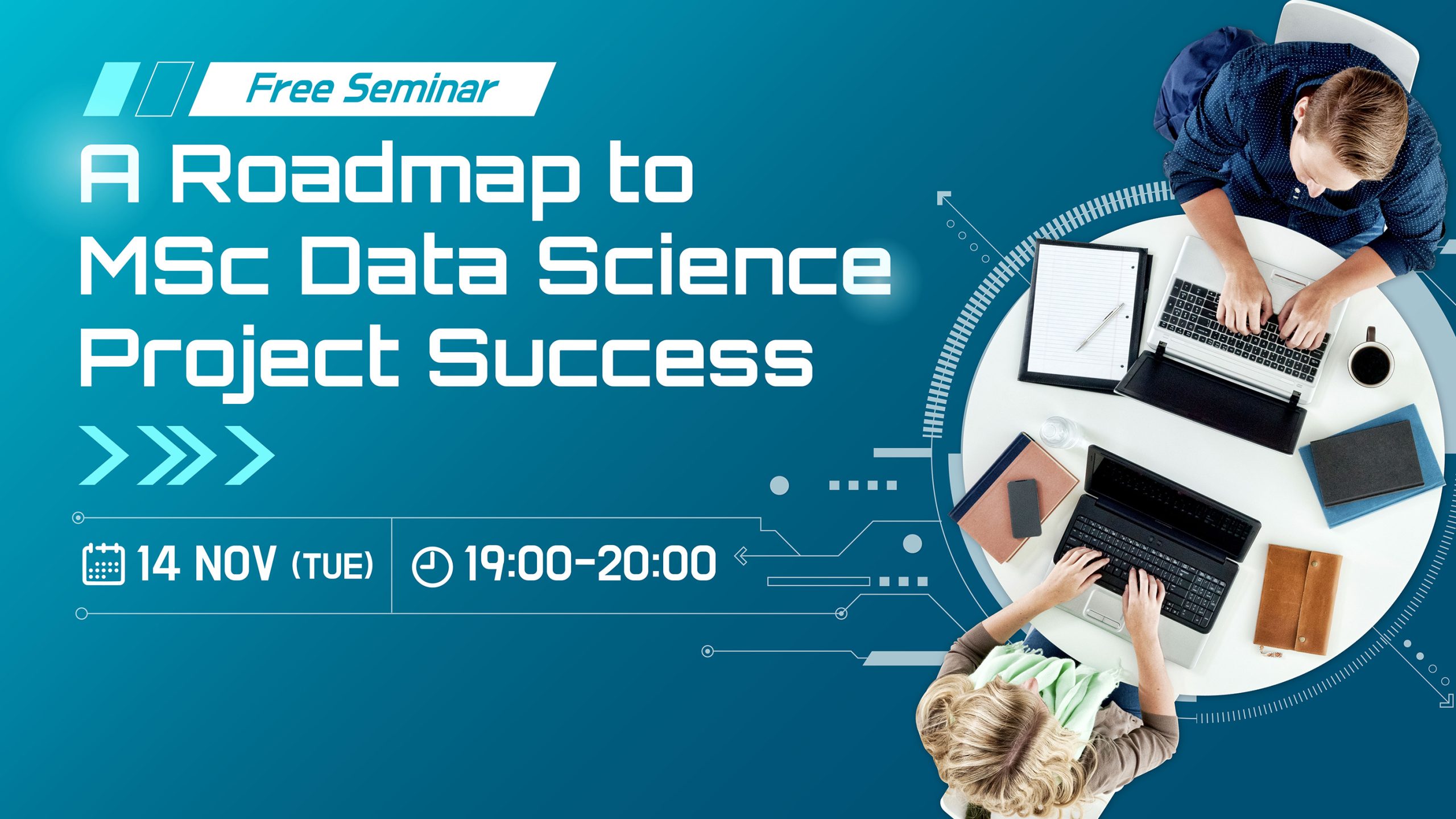Emerging Trends in Data Science: A look at the latest trends and technologies in the field, such as machine learning, deep learning, and natural language processing
Emerging Trends in Data Science: A look at the latest trends and technologies in the field, such as machine learning, deep learning, and natural language processing
Data science is a rapidly evolving field, constantly adapting to new technologies and techniques. In recent years, there have been several emerging trends in data science that are shaping its future. Among these latest trends include machine learning, deep learning, and natural language processing. These technologies have a wide range of applications, from healthcare to marketing, and are expected to continue to grow in popularity. In this blog, we will explore what data science is, these trends, their practical applications, and the broader impact they have on the field of data science.

What is Data Science?
Broadly speaking, data science is a field that involves using data to gain insights and make informed decisions. It combines elements of mathematics, statistics, and computer science to analyse and extract meaning from large and complex datasets. This includes identifying patterns, trends, and correlations that can help businesses and organisations make better decisions. Data science also involves using various tools and techniques, such as machine learning and data visualisation, to process and analyse data.

What is Machine Learning?
Machine learning is a subset of artificial intelligence that involves using algorithms to analyse and learn from data, without being explicitly programmed. This allows for the creation of models that can make predictions or decisions based on patterns and trends found in data. It is an emerging trend in the field of data science because of its ability to handle large and complex datasets, and its potential to automate tasks and improve decision-making.
One practical application of machine learning is in the healthcare industry. By analysing large amounts of patient data, machine learning algorithms can identify patterns and predict the likelihood of certain diseases or conditions. This can help doctors make more accurate diagnosis and create personalised treatment plans for patients.
Machine learning is also used in the finance industry to analyse market trends and make predictions about stock performance. This allows for more informed investment decisions and can help financial institutions manage risk more effectively.
In e-commerce, machine learning is used to personalise shopping experiences for customers by analysing their browsing and purchase history. This can lead to more targeted marketing efforts and improved customer satisfaction.

What is Deep Learning?
Similar to machine learning, deep learning is a subset of machine learning that involves training artificial neural networks to perform complex tasks. It is an emerging trend in the field of data science because of its ability to handle unstructured data, such as images and text, and its potential for more advanced analysis and decision-making.
One practical application of deep learning is in the field of image recognition. By training a deep learning algorithm on a large dataset of images, it can accurately identify and classify objects in new images. This has various applications, such as in self-driving cars, where the algorithm must be able to recognise and respond to different objects on the road.
In the field of healthcare, deep learning is being used to analyse medical images, such as X-rays and MRIs, to assist doctors in making diagnoses. This can lead to more accurate and timely diagnoses, improving patient outcomes.

What is natural language processing?
Natural Language Processing (NLP) is a subset of artificial intelligence that involves using algorithms to analyse and understand human language. It is an emerging trend in the field of data science because of its potential to automate tasks and improve communication with users.
One practical application of NLP is in customer service and support. By using NLP, companies can automate responses to customer inquiries and provide more efficient and accurate support. This can lead to improved customer satisfaction and reduced workload for customer service teams.
In marketing, NLP is being used to analyse customer feedback and sentiment on social media and other online platforms. This allows companies to better understand their customers and tailor their marketing strategies accordingly.
Another example is in the healthcare industry, where NLP is used to analyse patient medical records and assist doctors in making diagnoses. This can result in more precise and timely diagnoses, ultimately enhancing patient outcomes.

The Future of Data Science
In the ever-evolving field of data science, machine learning, deep learning, and natural language processing are several emerging trends shaping its future. These latest trends have various practical applications, such as improving healthcare, enhancing customer experiences, and automating tasks. As technology continues to advance, we can expect to see more groundbreaking developments in these areas.

Consider Furthering Your Education at the University of Sunderland
Upgrade yourself with a master’s degree in data science offered by the University of Sunderland in Hong Kong. With a curriculum designed to cater to the in-demand needs of employers in the field, our students are equipped with the technical and practical skills needed to excel in the data science industry. Our close links to the industry and businesses, as well as the research expertise of our academics, make this course unique. Don’t miss this opportunity to transform into a highly skilled data professional.
Join Our Upcoming Seminar on 14 November!
Our MSc Data Science lecturer and graduate will share their invaluable tips on how to complete the final project successfully. Don’t miss this opportunity to gain insights from experts, take your data science knowledge to the next level, and deliver a successful final project!
You will have a chance to obtain a scholarship of up to HKD15,000*. Don’t miss out on this opportunity for project success!
*For more details, please refer to the admission team. Sign up now!





